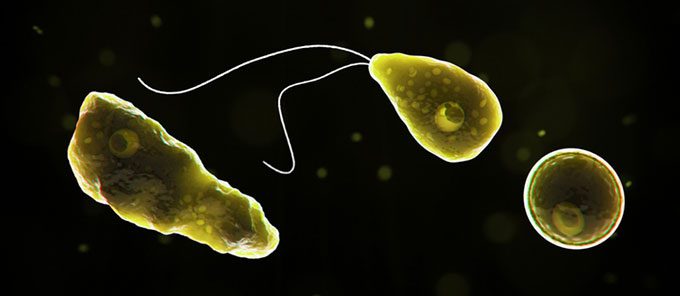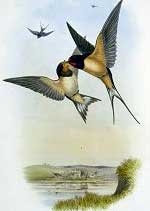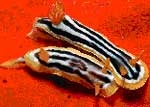A child in California has died from a rare brain infection caused by a tiny amoeba found in freshwater environments.
According to AP, the 7-year-old boy was taken to the emergency room at UC Davis Medical Center in California on July 30, suffering from severe brain swelling and died just over a week later. The cause was Naegleria fowleri infection after the victim swam in a lake in Tehama.

Naegleria fowleri brain-eating amoeba. (Photo: CDC)
Naegleria fowleri is a type of amoeba or amoeboid in the group of Excavata unicellular organisms, living in freshwater environments such as rivers, lakes, and hot springs. The risk of infection primarily arises when the amoeba-contaminated water enters the nose while swimming. From there, Naegleria fowleri can invade and destroy brain tissue.
The Tehama Health Services Agency emphasized that this is a “extremely rare” condition, with only 10 cases reported in California since 1971. The mortality rate after infection is very high. According to the Centers for Disease Control and Prevention (CDC), only 4 out of 145 infected individuals in the U.S. from 1962 to 2018 survived (less than 3%).
Scientists still do not fully understand why some individuals can survive this disease. Factors that may contribute to saving victims include early detection, treatment with the experimental drug miltefosine, and the combination of other aggressive treatments to reduce brain swelling.
The only way to prevent Naegleria fowleri infection is to avoid swimming in freshwater. If you still want to bathe, you can minimize risk by limiting head immersion in water or using a nose clip to prevent water from entering the nose. Experts note that swallowing water containing Naegleria fowleri will not cause infection.





















































